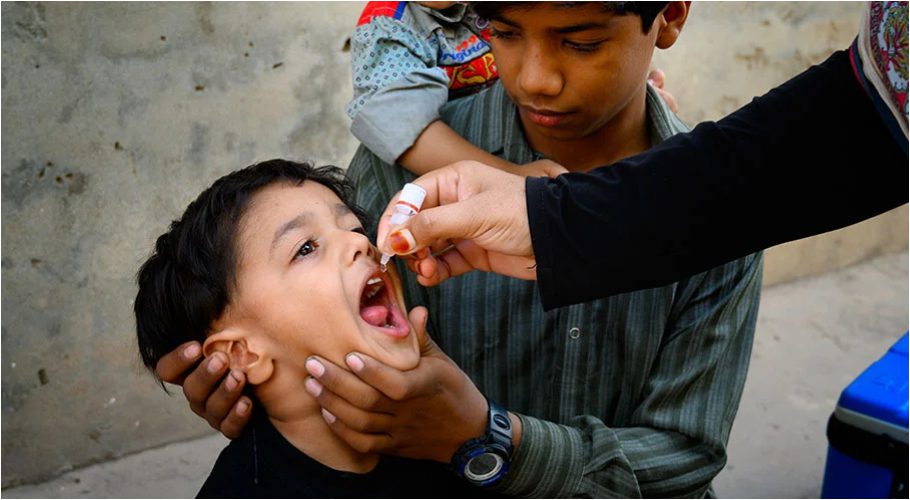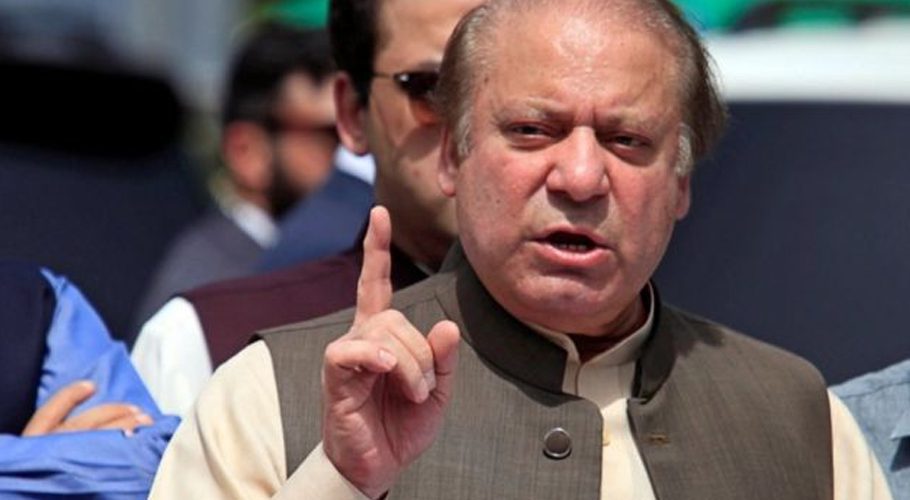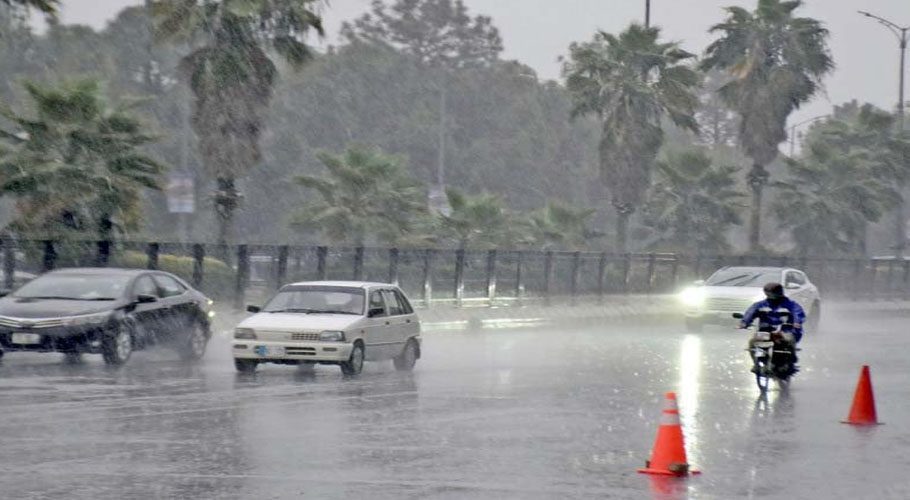![]() Follow Us on Google News
Follow Us on Google News
ISLAMABAD: The Executive Committee of the National Economic Council (ECNEC) has approved the ‘Emergency Plan for Polio Eradication’ at a cost of $1.784 billion.
Caretaker Federal Minister for Finance, Revenue, Economic Affairs and Privatization Dr Shamshad Akhtar chaired the meeting and approved the third revised emergency plan.
The ECNEC considered and approved the project of the Ministry of National Health Services, Regulations & Coordination titled ‘Emergency Plan for Polio Eradication (3rd revised)’ at a cost of $1784.93 million.
The project includes grants from bilateral partners including $1.197 billion from Global Polio Eradication Partners, $552 million loan from Islamic Development Bank (IsDB), and of $35 million loan from French agency AFD.
The project will supply polio eradication vaccines all over Pakistan and will be executed by the World Health Organization (WHO) and UNICEF.
The ECNEC extended the duration of PC-1 of the project to three years with authorization to the Economic Affairs Division (EAD) to enter into loan agreements to finance the project on behalf of the government to achieve the objectives of eradication of polio and make polio-free Pakistan.
READ MORE: Shaheen Afridi appeals to ‘protect future cricket stars’ from polio
Digitalized polio certificate
Furthermore, the government has introduced digital polio certification for international travelers as a measure to combat forgery and prevent the spread of the disease beyond its borders.
Designated vaccination centers across the country are responsible for entering travelers’ vaccination data online after administering polio drops.
Travellers can then download their polio card from the National Database and Registration Authority (NADRA) website after paying a fee of Rs100 through a debit or credit card.
Pakistan and Afghanistan are the only remaining polio-endemic countries globally, with international travelers from these nations posing a potential threat of spreading the virus to polio-free regions.
Pakistan reported only two cases of the wild poliovirus this year, a drop from 20 cases documented last year.































